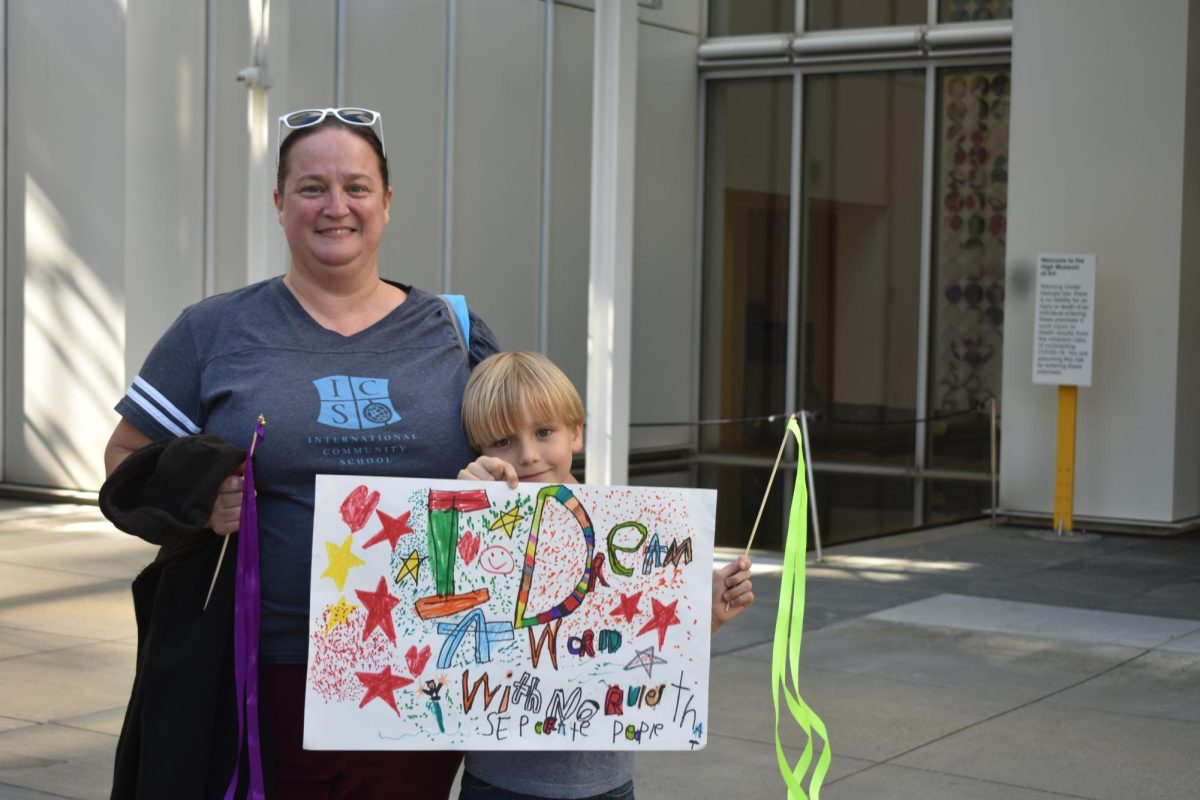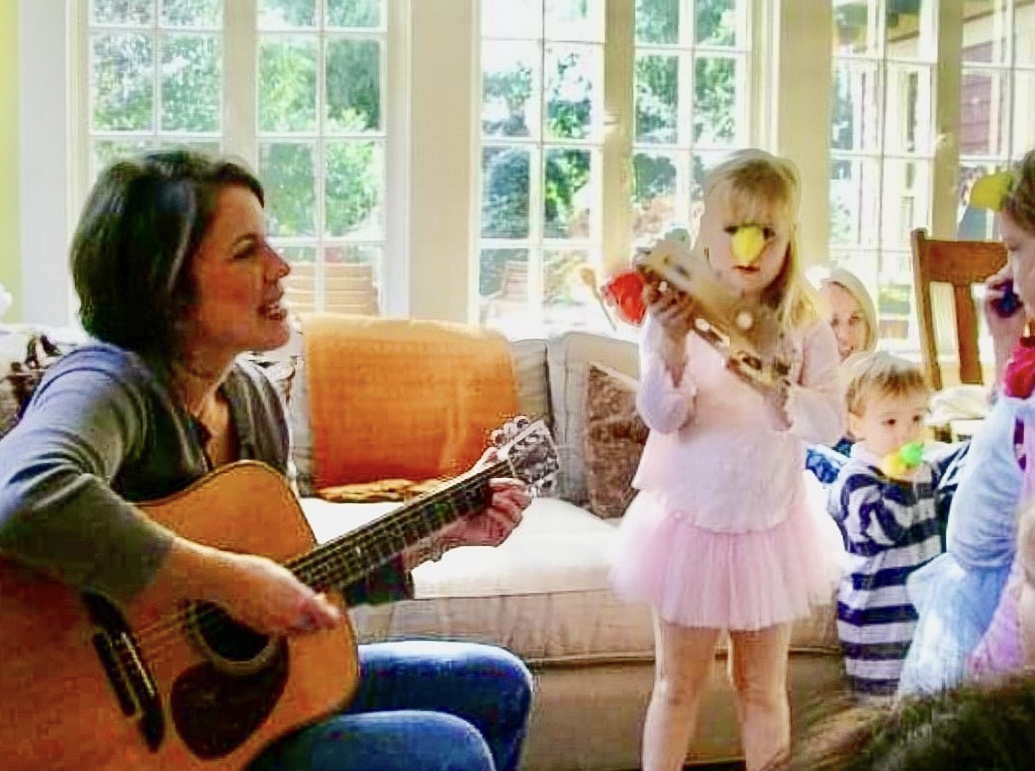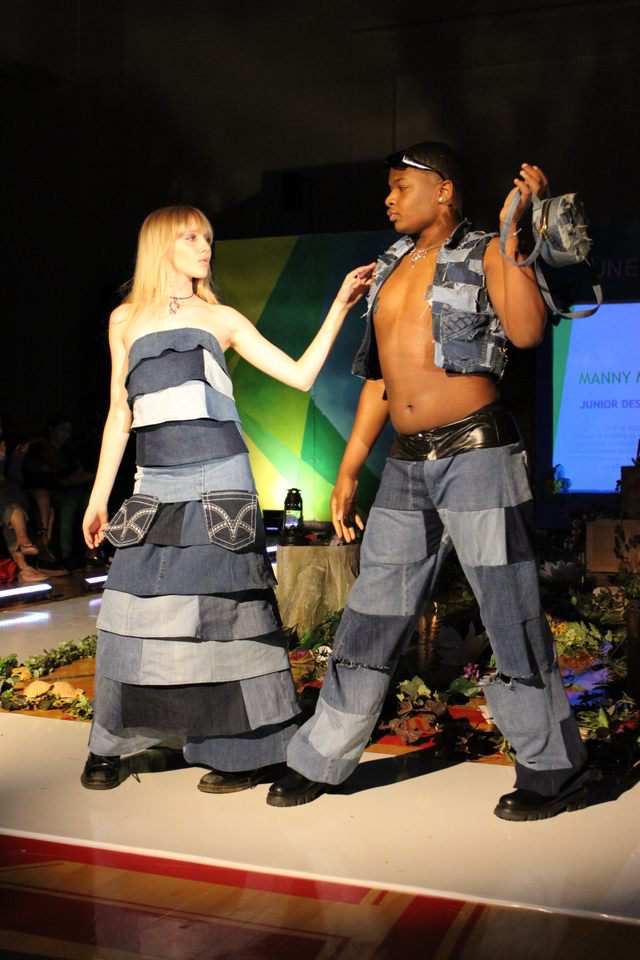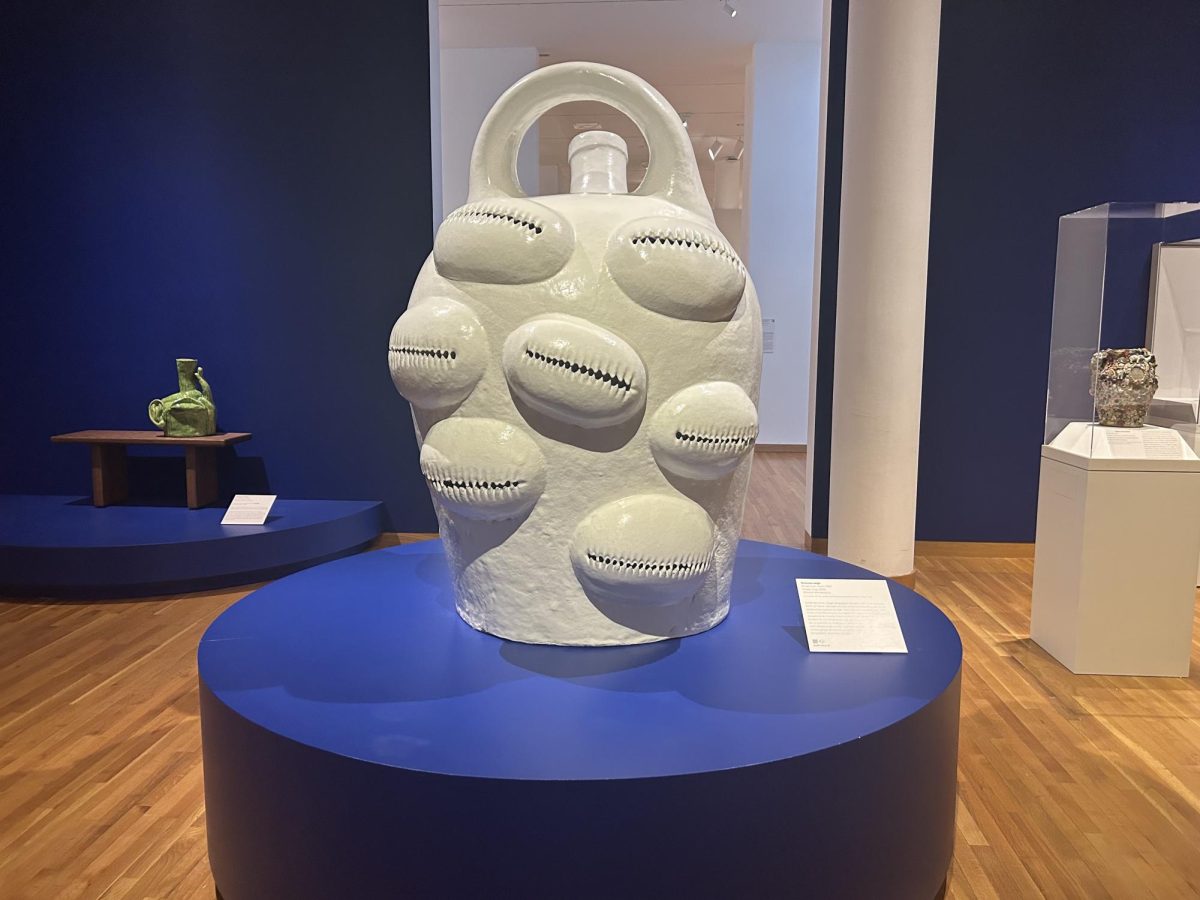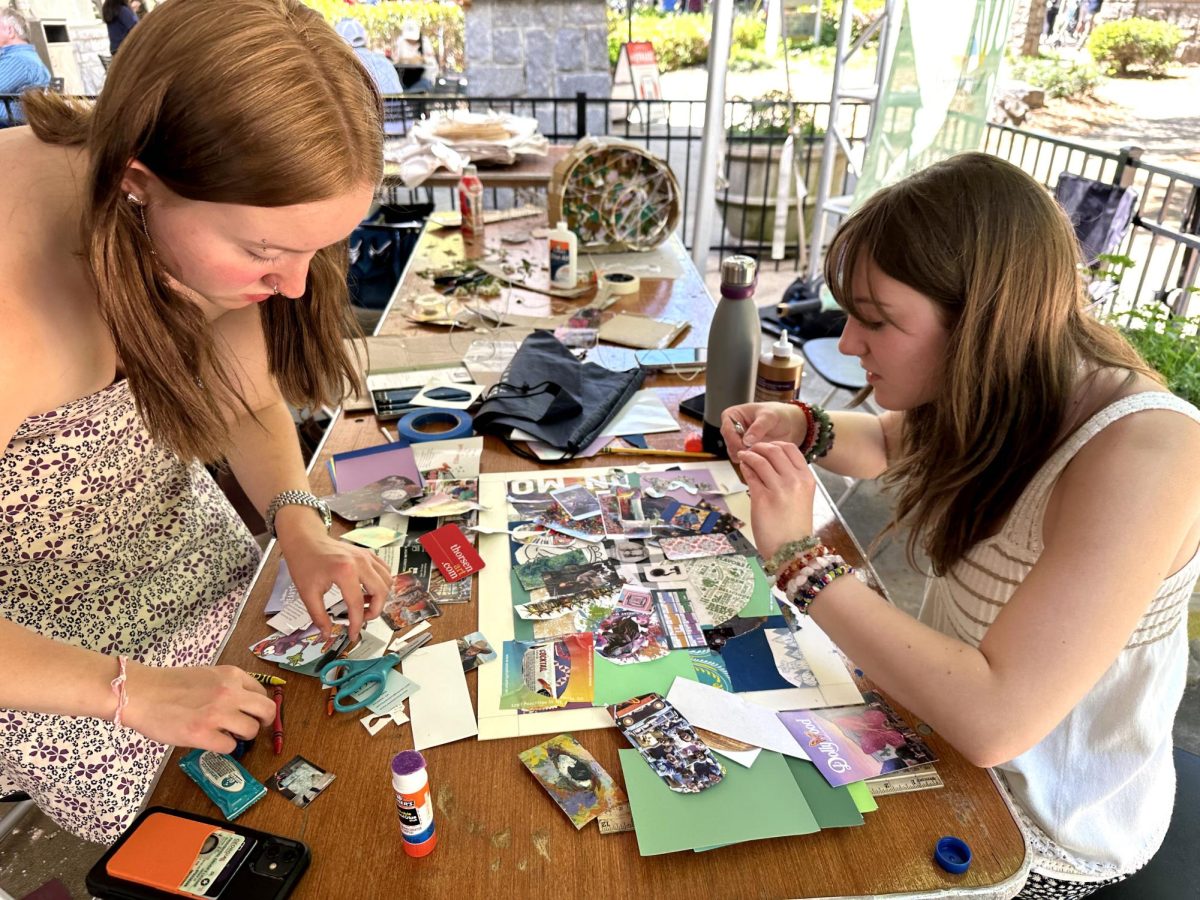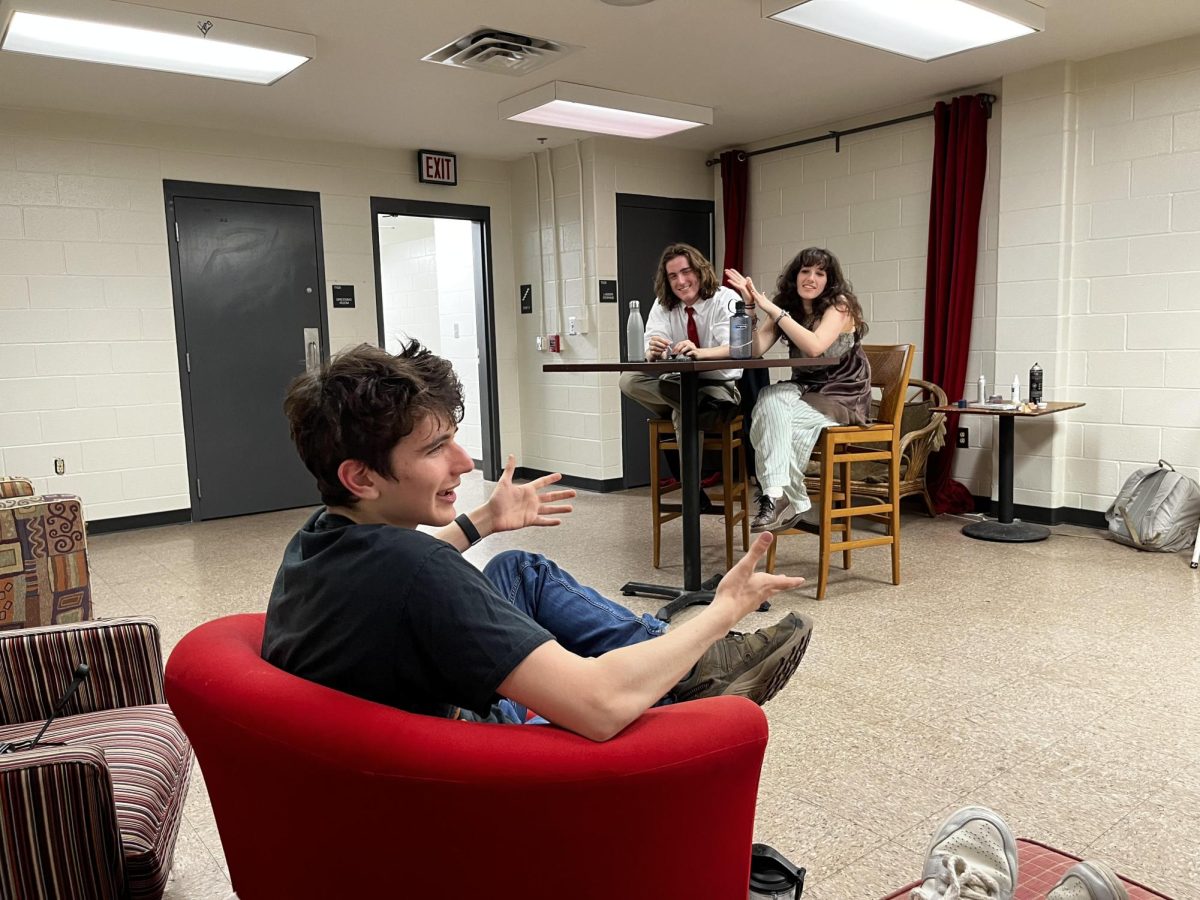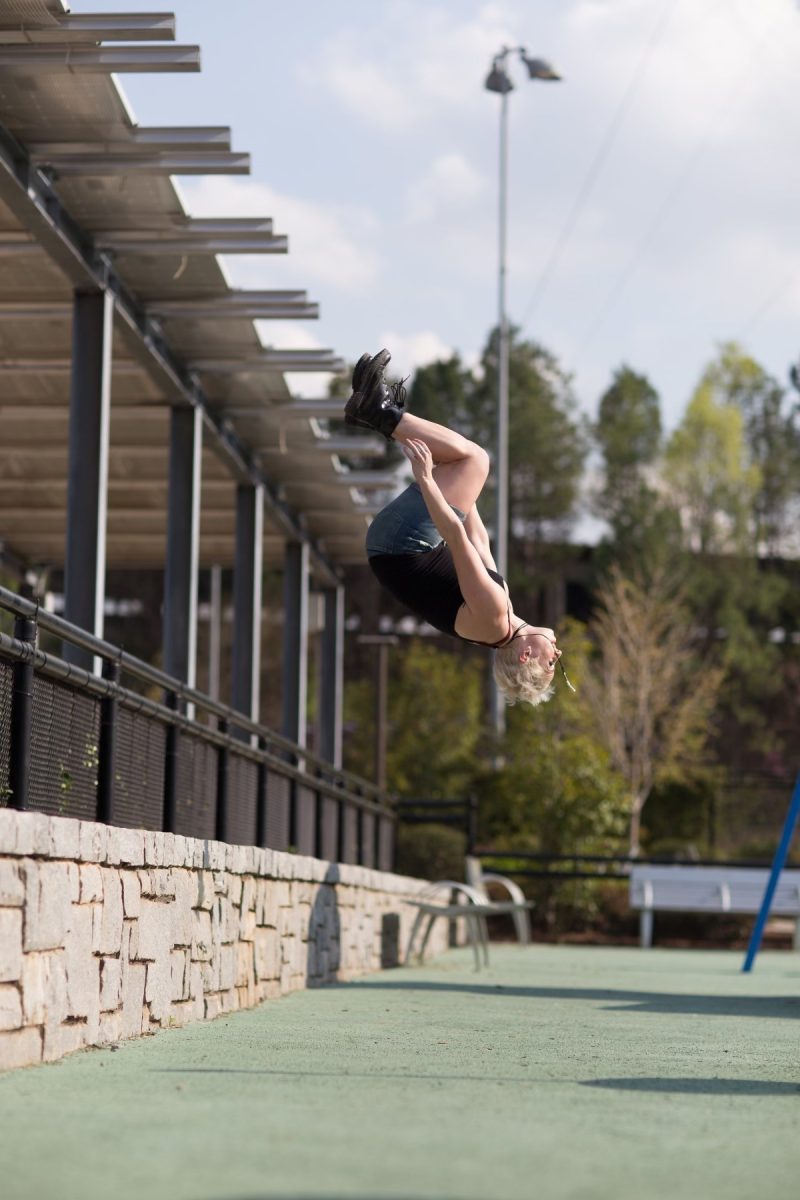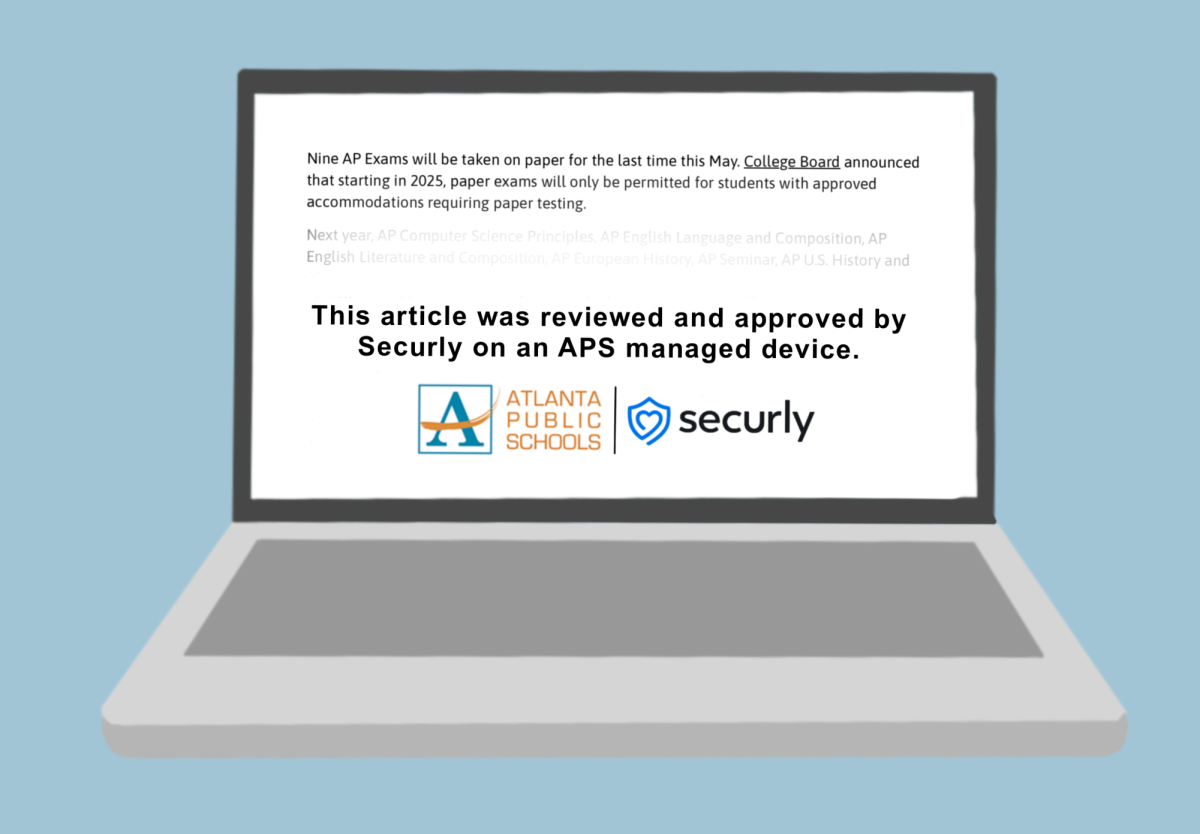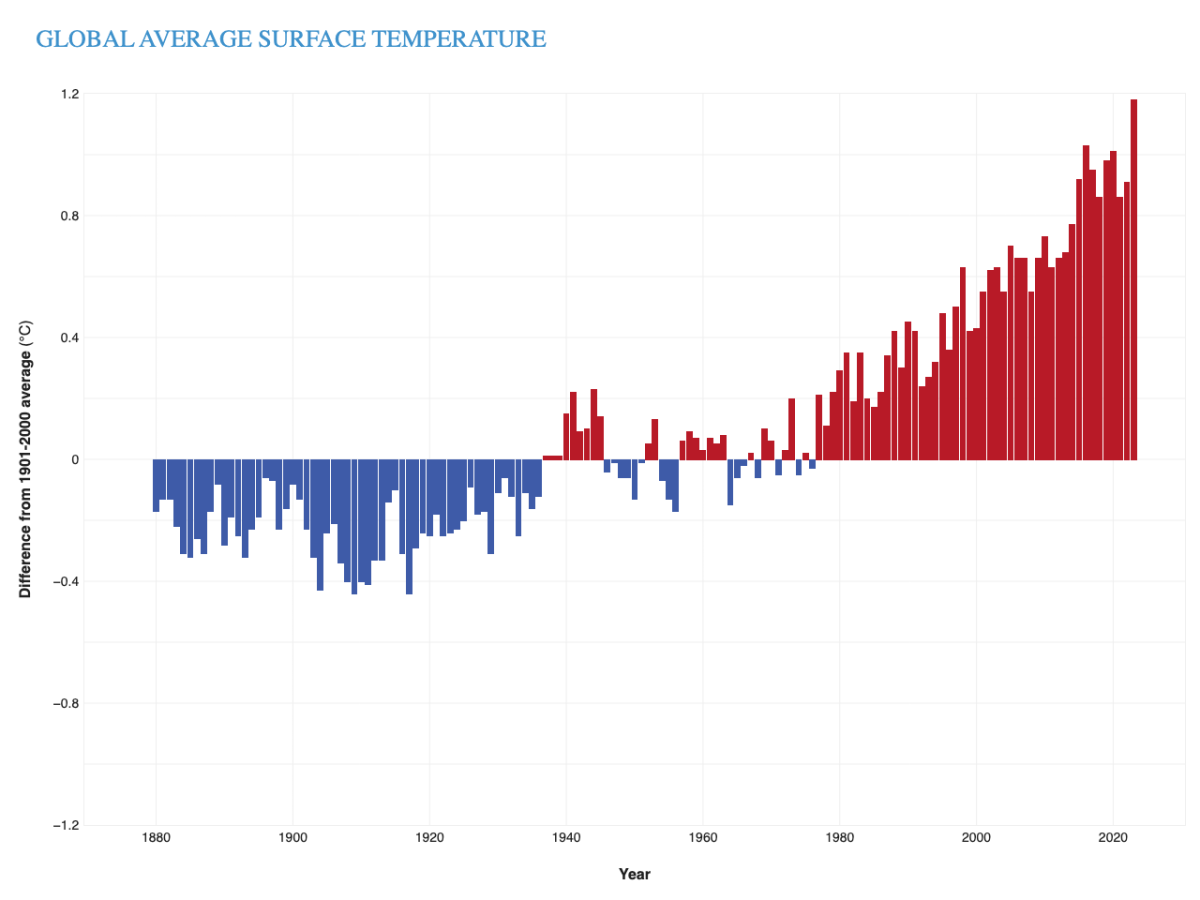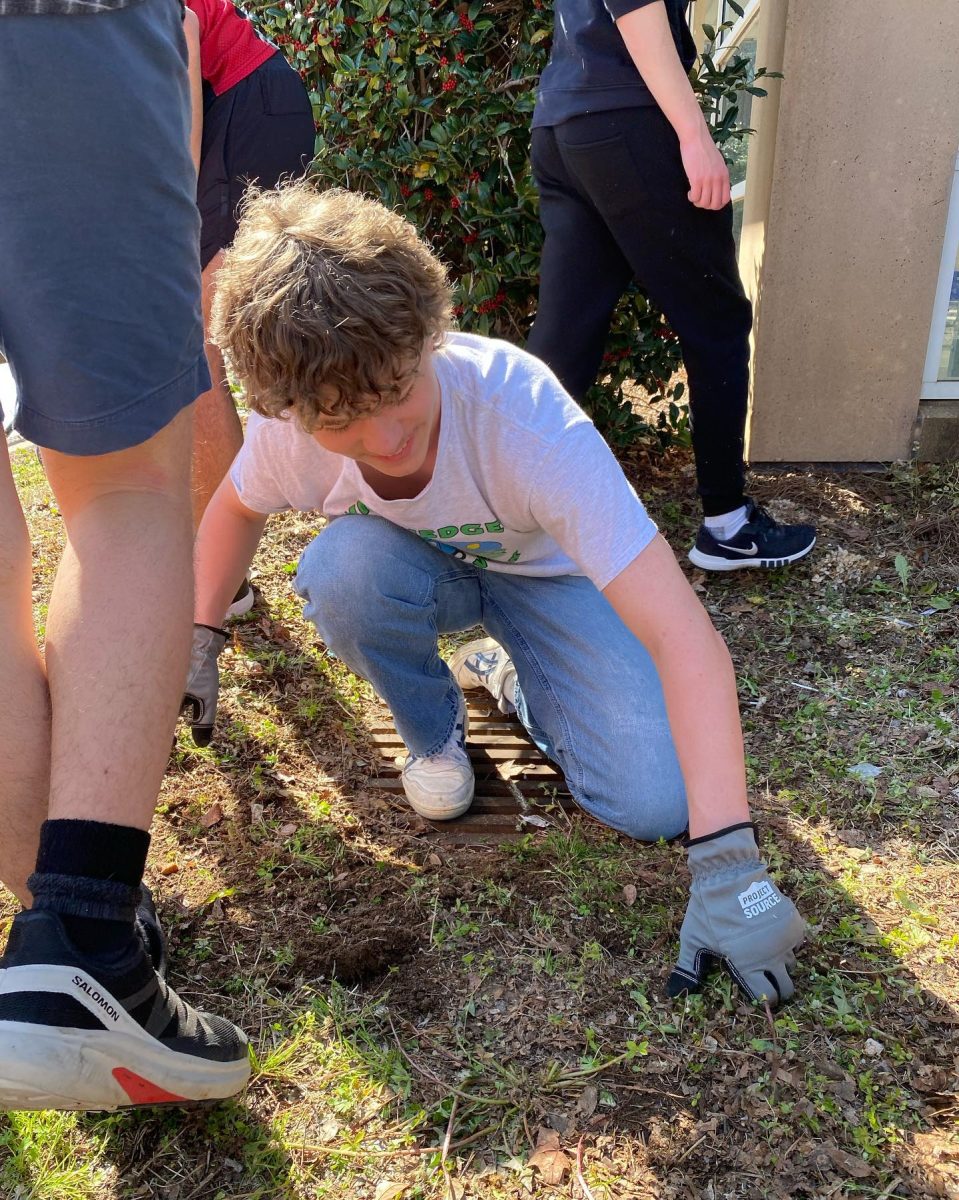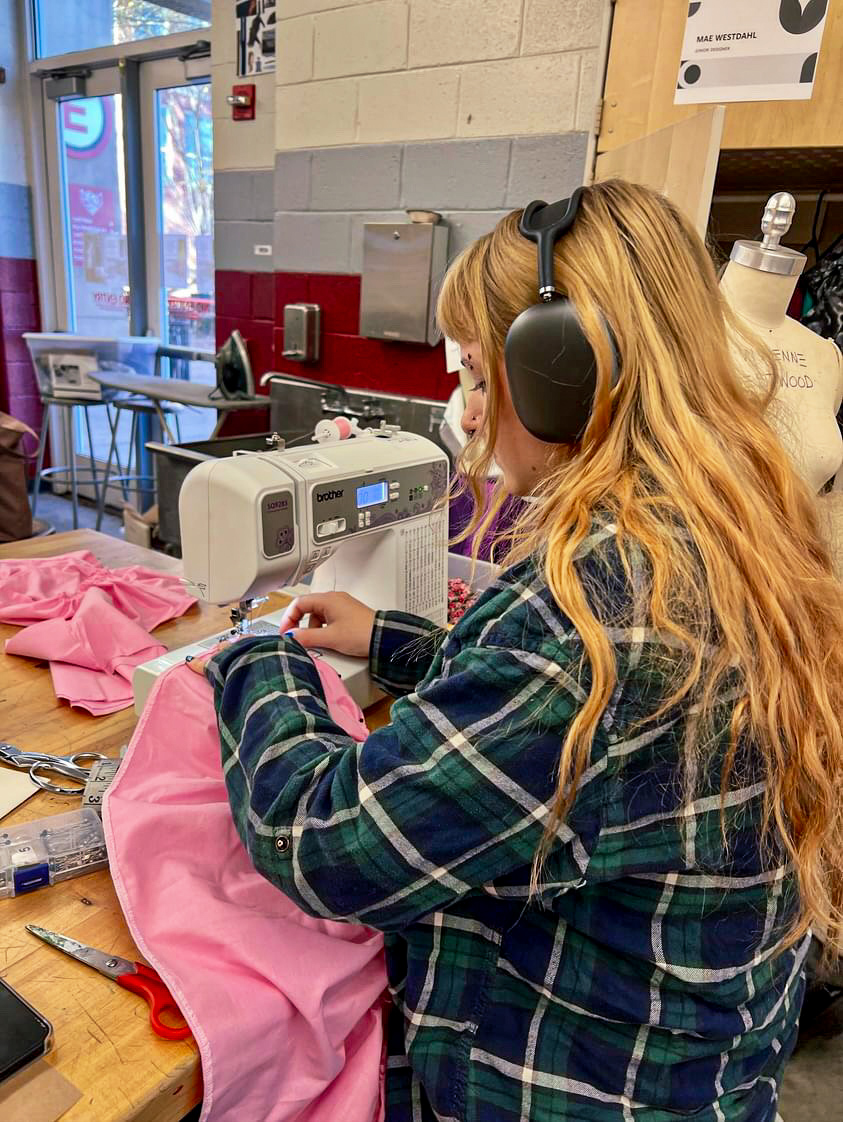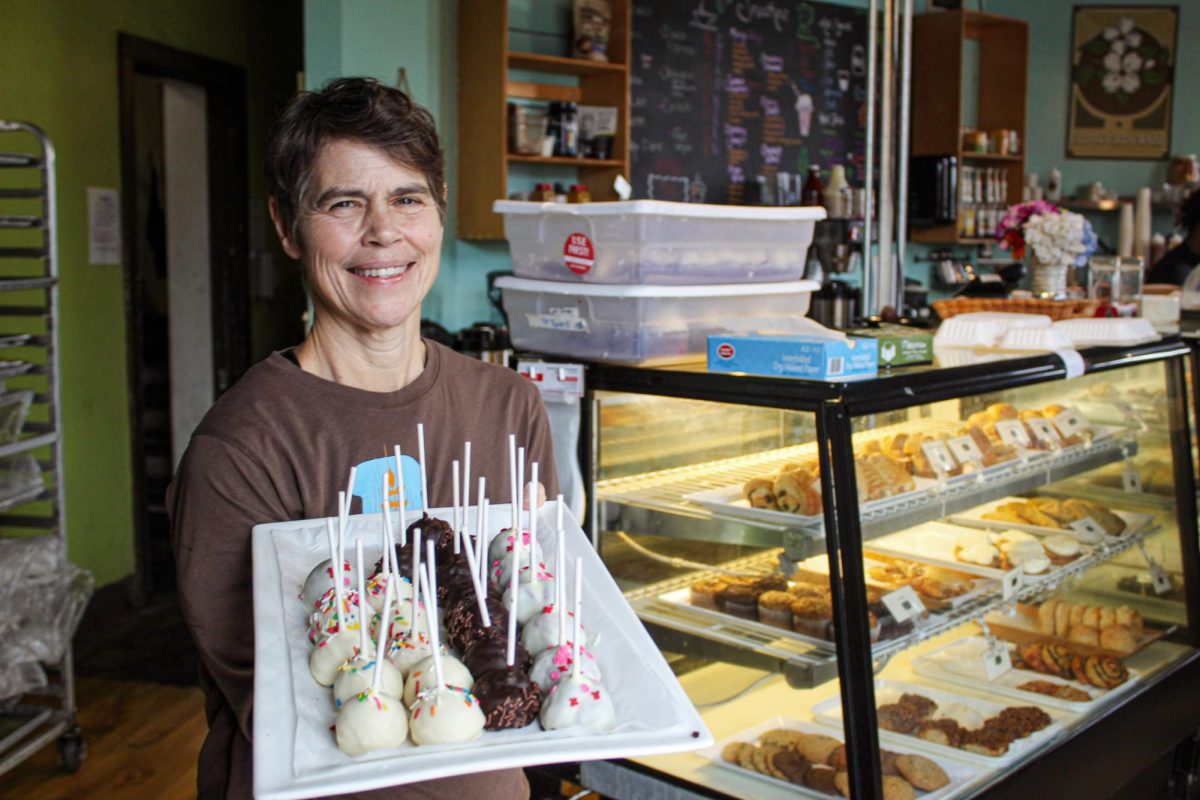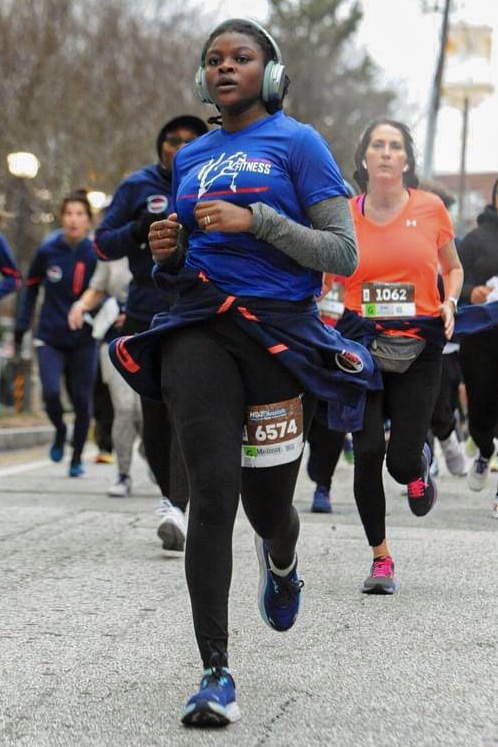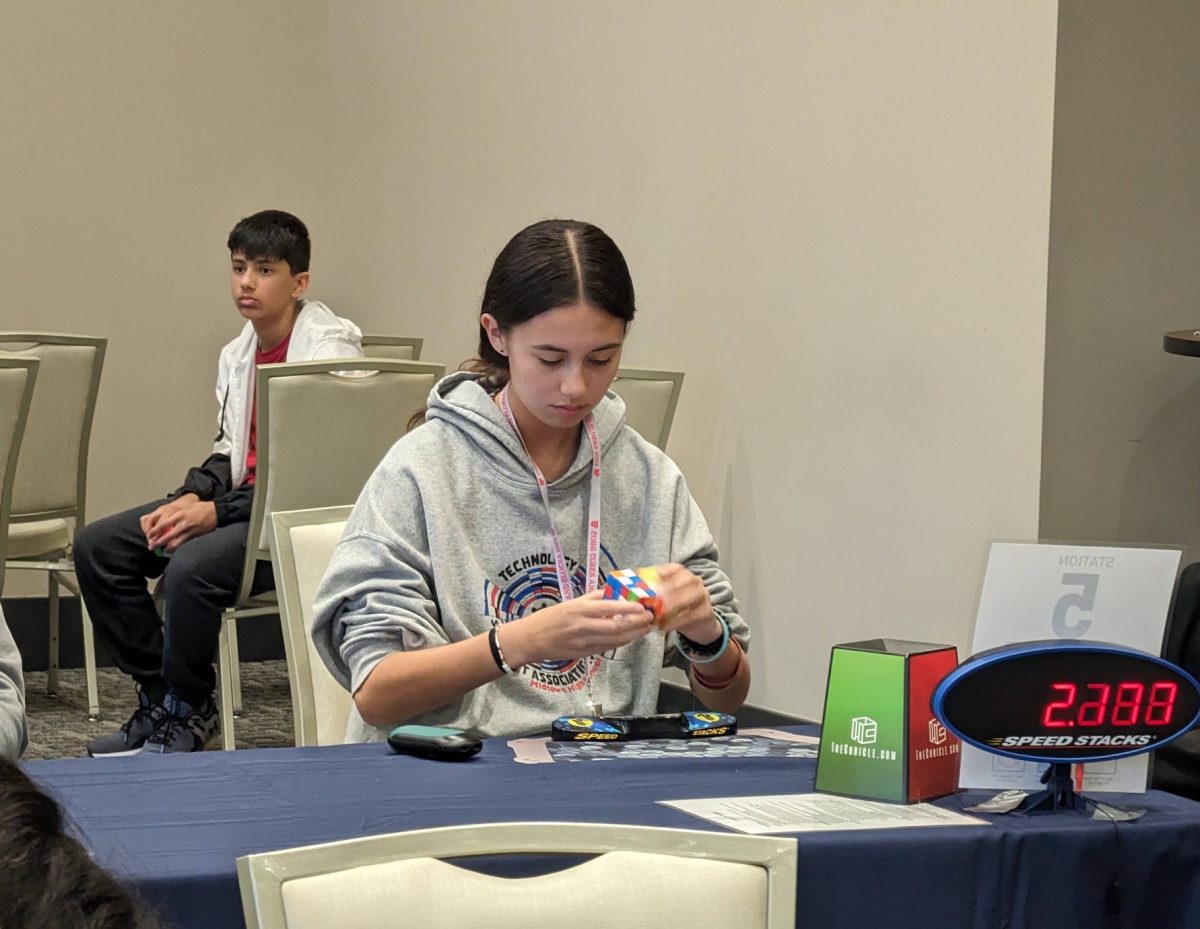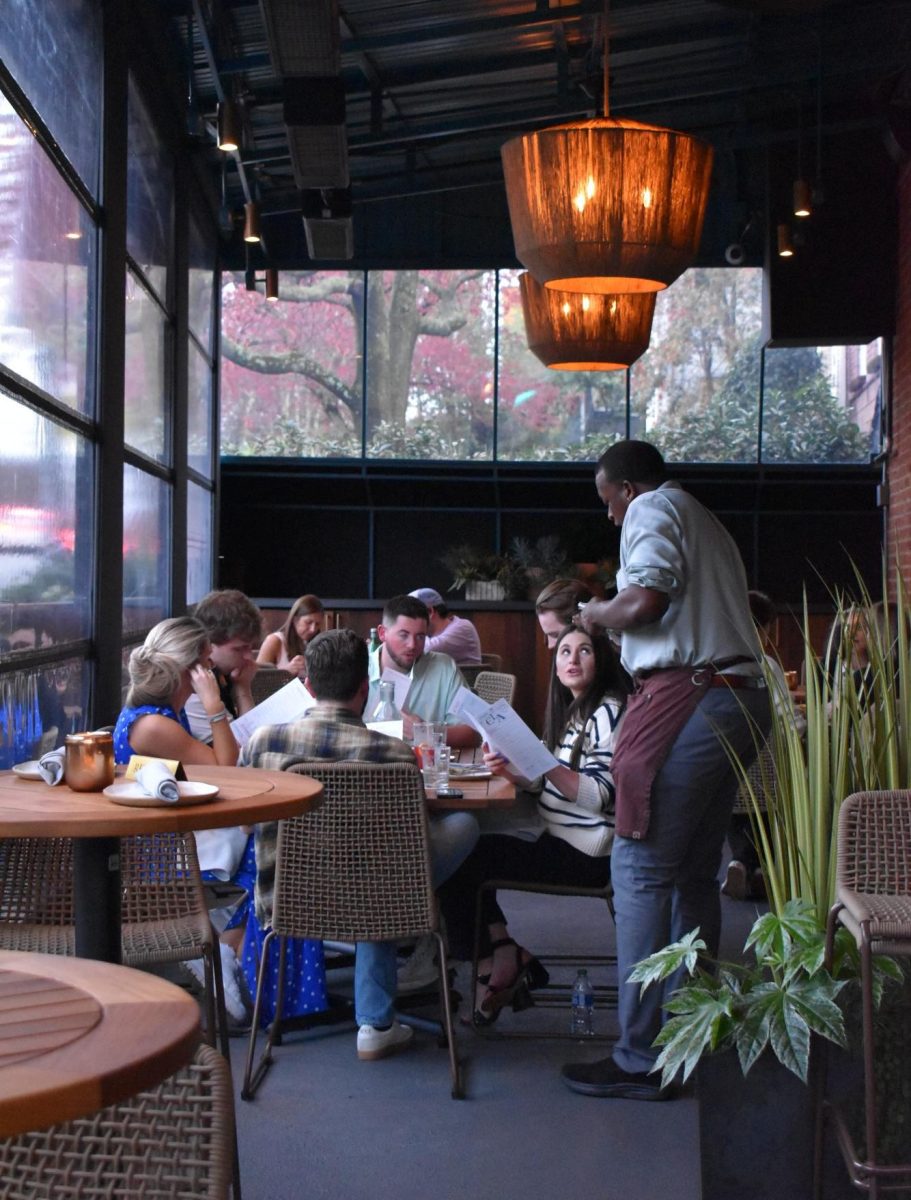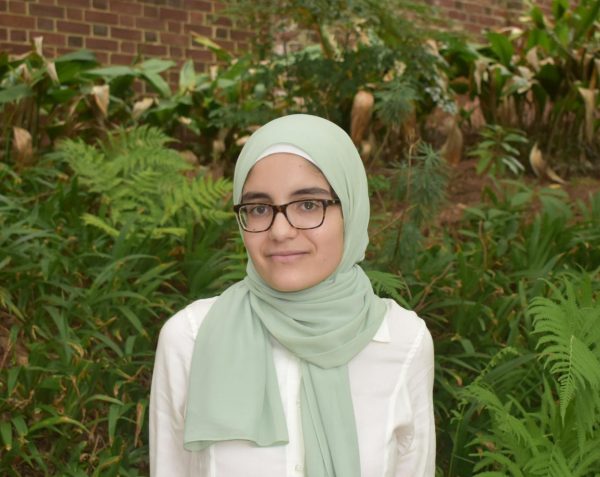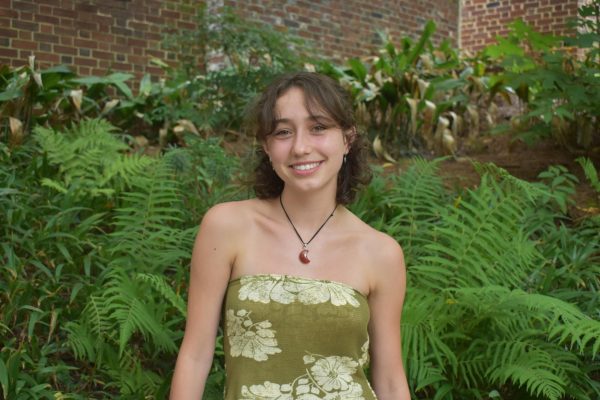“Little” Amal officially made her debut in Atlanta on Sunday, October 8th. Amal, a word meaning hope, is a 12-foot puppet that represents a 10-year-old Syrian refugee.
Amal’s Walk Across America is an event that aims to bring awareness and donations to the 43.3 million children displaced from their homes due to internal conflict and violence. The walk consists of visits to over 35 cities across 6,000 miles.
Sophomore Marissa Rainey, who saw Amal on the Beltline, said they believe that what Little Amal represents should be recognized.
“I think it’s really important that you talk about the children of migrants because if something is hard on adults, it’s obviously going to be harder on children,” Rainey said. “A lot of times they don’t understand things and it’s harder for them physically.”
Sophomore Carmela Marra attended Little Amals’ Walk of Hope at the Woodruff’s Art Center and said she advocates for the rights of migrants.
“These people don’t have a home because of US involvement or even other things,” Marra said. “We should at least make sure that people are safe and can go to bed at night. It’s just a basic human right that everyone should have.”
Similar to Marra, Rainey said they feel empathy for the migrants.
“If I could say something to migrants and refugees, it’s that I hope your situation gets better,” Rainey said. “You don’t deserve to be in the situation you are in. Everybody deserves to have adequate housing, food, shelter and to be able to stay where they are instead of relocating and being treated badly.”
Marra said that Amal brings individuals together and serves as a reminder of the continued displacement of individuals around the world.
“She humanizes the experience of being a displaced migrant,” Marra said. “She brings people together and reminds them why the issue is important, because it’s definitely a problem.”
Marra said that one of the ways to assist displaced migrants and refugees is to vote for political organizations that will work on addressing this topic.
“Using your vote to support people or political parties who will work on this issue,” Marra said. “I know someone who worked for the organization ETHAAR that helped set up homes for new migrants. She would get furniture together and put it into a house for them. I think that’s just a nice volunteer activity someone can do. Maybe it doesn’t solve the issue and it only helps the family, but to them, it probably means a whole lot.”
Drew Stauss, a photographer and musician who assisted in planning Little Amals’ arrival to Atlanta at the Beltline, Decatur and Chattanooga, said he feels connected to Amal and her message.
“I’ve been aware of Amal, and what she represents, for a long time,” Stauss said. “I’m particularly connected to Syria, having worked there for nine summers as a photographer on Princeton’s archeological team. I fell in love with the country and people, having made many friends, and was devastated when the conflict broke out. So when I saw Amal was coming to Atlanta, I was excited to be a part of it.”
Strauss said the entire framework of America is built on immigration from people of different backgrounds, and that Americans should work to make them feel welcome to a new place.
“[As Americans], our whole structure is based on immigration and the equality and rights of people regardless of their origins,” Stauss said. “That doesn’t mean that we should take them all, no one society can support that but I value us doing our part. People don’t easily give up all they know; most are kind, loving people who are escaping violence.”
For Stauss, awareness and empathy are the ways people show support.
“Those with the means can support immigration issues financially,” Stauss said. “Others can help with relocation efforts and help new refugees settle into our society.”
Stauss began to collect bikes for refugees as a way to make them feel welcome and give them a feeling of freedom.
“An example of this is a friend I made because I started gathering kids’ bikes for him,” Stauss said. “He takes bikes that people no longer want, fixes them, then gives them to refugees in Clarkston, GA—one of the major refugee relocation areas in our state. Something as simple as a bike gives a sense of freedom and play that many of those kids hadn’t seen since fleeing their homes.”
Amal aims to allow people who haven’t experienced or been aware of the devastation caused by this issue to be reminded of it, Stauss said.
“Her whole purpose is to remind us that this global issue hasn’t gone away,” Stauss said. “It’s an easy issue to lose track of—because it’s harder for us, at this distance, to see the devastation and we will unlikely know it first-hand.”






